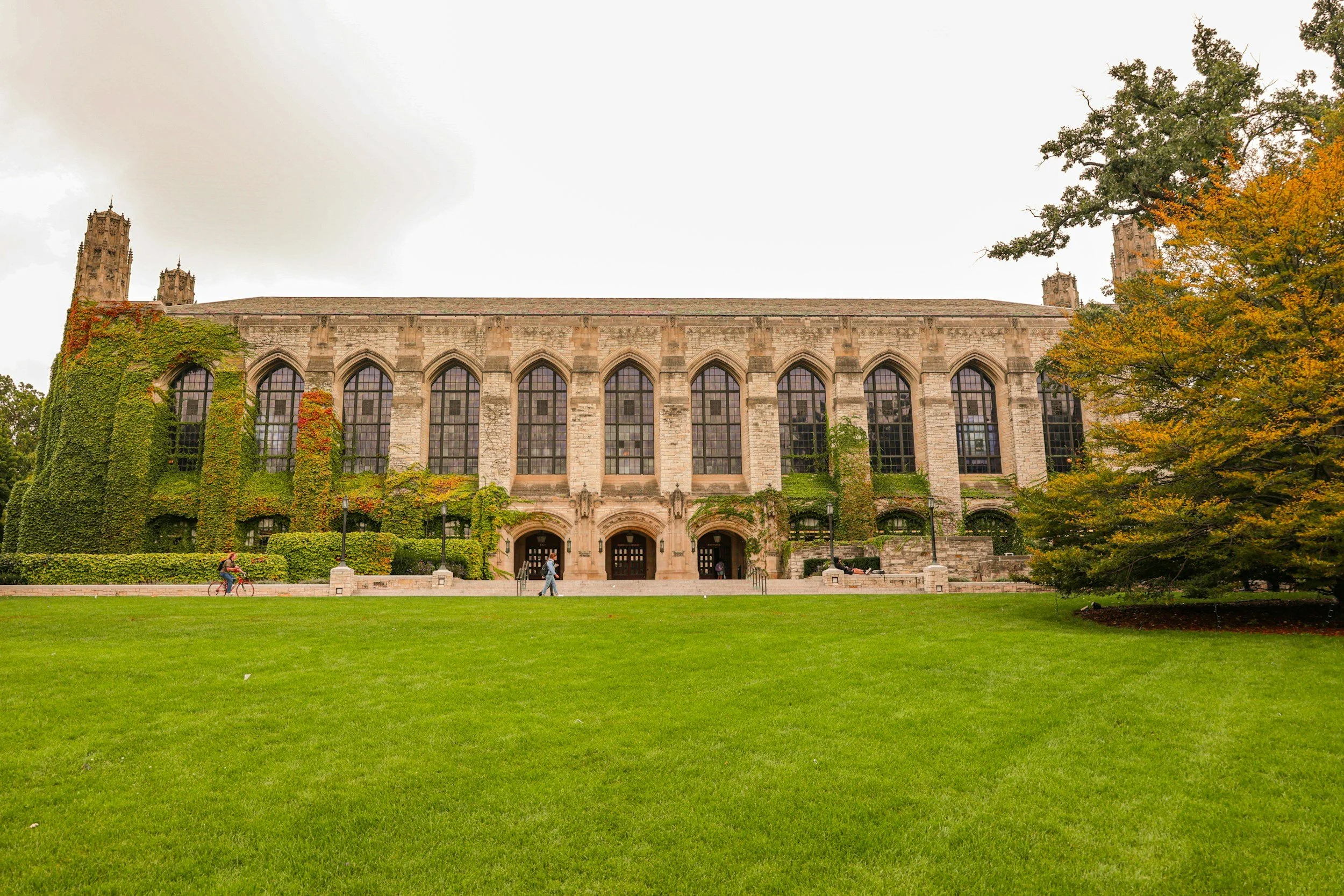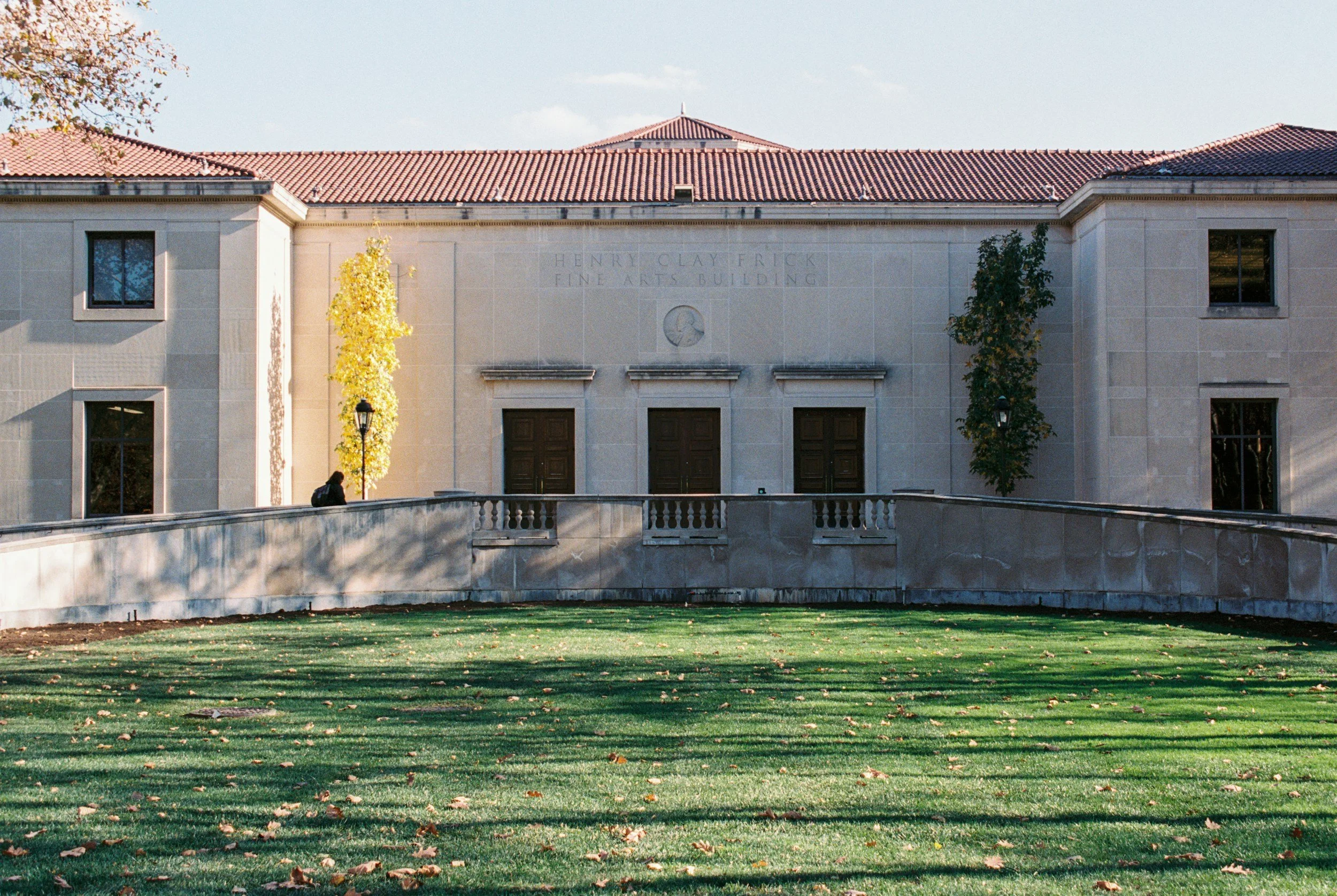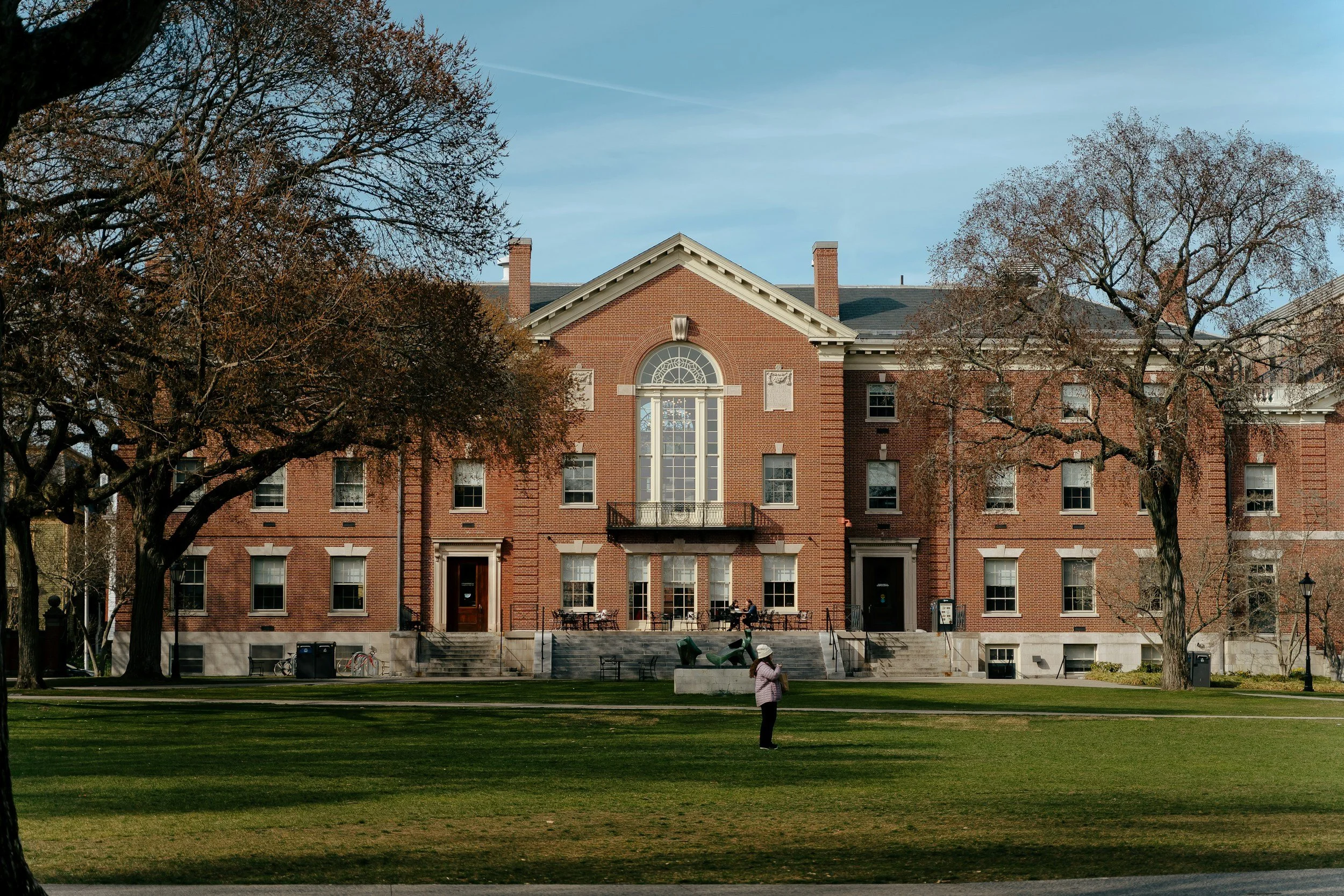Brown Admissions 2024-2025
Brown University recently released their Common Data Set for 2024-2025, and the numbers tell a fascinating story about who gets into one of the world's most selective universities. Let's dive into the data to understand Brown’s admission landscape. If you want to see our essay guide for Brown, click here.
Admissions Statistics: Extraordinarily Selective
Brown's selectivity has reached new heights, with the data painting a stark picture of the challenge applicants face:
Total applicants: 48,904
Admitted students: 2,638
Acceptance rate: 5.4%
Enrolled students: 1,719
Yield rate: 65.2% (percentage of admitted students who chose to enroll)
With acceptance rates hovering around 5%, Brown has solidified its position as one of the most competitive universities in the world.
Geographic Distribution
Brown's applicant pool represents a global community. Of the 48,904 total applications:
591 were from Rhode Island residents (1.2%)
37,382 were from out-of-state students (76.4%)
10,919 were from international students (22.3%)
The enrolled class reflects a similar pattern:
52 in-state students (3%)
1,362 out-of-state students (79.2%)
304 international students (17.7%)
This data shows Brown's tremendous national and international appeal, with 94% of undergraduates coming from outside Rhode Island.
Academic Profile of Admitted Students
Brown enrolls some of the most academically accomplished students in the world:
Class Rank:
89% ranked in the top tenth of their high school class
98% ranked in the top quarter
100% ranked in the top half
SAT Scores (25th-75th percentiles):
SAT Composite: 1510-1560
Evidence-Based Reading & Writing: 740-780
Math: 770-800
ACT Scores (25th-75th percentiles):
ACT Composite: 34-35
English: 35-36
Math: 32-35
Science: 33-36
Reading: 34-36
These numbers demonstrate Brown's exceptionally high academic standards, with median test scores placing admitted students in the 99th percentile nationally. Notably, 61% of enrolled first-year students submitted SAT scores, while 24% submitted ACT scores.
Factors in Admission Decisions
Brown provides clear guidance on which factors matter most in their holistic review process:
Very Important Factors:
Rigor of secondary school record: Taking the most challenging curriculum available
Class rank: Where you stand academically compared to your classmates
Academic GPA: Excellence in those challenging courses
Application Essay: Your writing ability and personal perspective
Recommendations: What teachers and counselors say about you
Character/personal qualities: Who you are beyond grades and scores
Talent/ability: Special skills or aptitudes you bring to campus
Important Factors:
Extracurricular activities: How you engage outside the classroom
Considered Factors:
First generation: Being the first in your family to attend college
Alumni/ae relation: Family connections to Brown
Geographical residence: Where you come from
State residency: In-state or out-of-state status
Volunteer work: Community service involvement
Work experience: Jobs or internships
Not Considered:
Religious affiliation/commitment: Faith background has no impact
This breakdown illustrates Brown's commitment to evaluating applicants holistically, with the heaviest emphasis on academic excellence paired with personal qualities and contributions.
Early Decision at Brown
Brown offers an Early Decision program for students who identify it as their clear first choice:
ED deadline: November 1
Notification date: Mid-December
ED applications received: 6,251
ED applicants admitted: 898
ED acceptance rate: 14.4%
The Early Decision acceptance rate is substantially higher than the overall rate, suggesting a potential strategic advantage for qualified students who apply ED. However, remember that ED is binding—students must attend if admitted.
Class Sizes and Faculty Interaction
Brown prides itself on providing an intimate academic experience:
Student-to-faculty ratio: 6 to 1
Class size distribution:
34.4% of classes have 2-9 students
33.3% of classes have 10-19 students
67.7% of classes have fewer than 20 students
These small class sizes foster close relationships with professors and create opportunities for mentorship and collaborative learning.
Financial Aid and Cost of Attendance
For the 2025-2026 academic year:
Tuition: $71,700
Required fees: $2,850
Room and board: $18,514
Books and supplies: $1,300
Other expenses: $2,820
Total cost of attendance: approximately $97,184
Brown offers generous financial aid:
Average need-based scholarship/grant for first-year students: $65,370
Percentage of need met: 100% of demonstrated financial need
Loan expectations: Minimal, with average need-based self-help award of just $3,045
This demonstrates Brown's commitment to making its education accessible to talented students regardless of financial circumstances.
Student Life and Campus Culture
The CDS reveals interesting aspects of Brown's campus life:
75% of undergraduates live in college-owned housing
Only 4% of men join fraternities and 2% of women join sororities
1% of students are 25 or older
Average age of full-time students is 20
These statistics reflect Brown's residential campus culture with limited Greek life participation compared to some peer institutions.
Success Rates
Brown boasts impressive retention and graduation statistics:
First-year retention rate: 98.8%
Six-year graduation rate: 95.7%
These extraordinary rates indicate both student satisfaction and the effectiveness of Brown's academic environment and support systems.
Most Popular Majors
The most common fields of study for recent Brown graduates (percentage of degrees conferred):
Social Sciences: 25.2%
Computer and Information Sciences: 12.7%
Mathematics and Statistics: 9.9%
Biological/Life Sciences: 9.3%
Interdisciplinary Studies: 5.6%
English: 5.1%
Engineering: 4.5%
Visual and Performing Arts: 4.5%
This distribution highlights Brown's particular strengths in the social sciences, computer science, and STEM fields, while also demonstrating the intellectual diversity of its student body.
What This Means For Applicants
If you're considering applying to Brown, here's what you should focus on:
Academic excellence: Pursue the most challenging courses available at your school and excel in them. With nearly 90% of admitted students in the top tenth of their class, academic performance is crucial.
Test preparation: While high test scores alone won't guarantee admission, with 75% of admitted students scoring above 1510 on the SAT or 34 on the ACT, strong scores are important for competitive consideration.
Personal qualities: Brown values character deeply. Focus on developing and articulating what makes you unique beyond your academic achievements.
Engagement: Pursue extracurricular activities with depth and impact rather than accumulating a long list of superficial involvements.
Compelling essays: With application essays rated "very important," invest significant time crafting authentic, reflective writing that showcases your intellectual curiosity and how you'll contribute to Brown's community.
Early Decision consideration: If Brown is your absolute first choice, applying Early Decision could provide a strategic advantage, though the standards remain extremely high.
Financial considerations: Don't let costs deter you—Brown meets 100% of demonstrated need for all admitted students.
Conclusion
Brown University continues to be among the most selective institutions in the world, seeking academically brilliant students who also demonstrate character, passion, and engagement beyond the classroom. Their holistic admissions process evaluates a wide range of factors, with academic rigor, personal qualities, and extracurricular involvement at the forefront.
The striking aspect of Brown's admissions is the extraordinary academic profile of admitted students—nearly 90% were in the top tenth of their class, with median test scores at the 99th percentile nationally. Yet Brown clearly values much more than just numbers, placing equal importance on personal qualities, essays, and recommendations.
For prospective applicants, the message is clear: true excellence across multiple dimensions—intellectual, personal, and extracurricular—is expected. However, Brown's commitment to meeting 100% of demonstrated financial need ensures this elite education remains accessible to qualified students from all economic backgrounds.
At Cosmic College Consulting, we're here to help you navigate this incredibly competitive landscape and develop the strongest possible application to Brown. Feel free to reach out if you have questions about crafting your Brown application strategy!






























